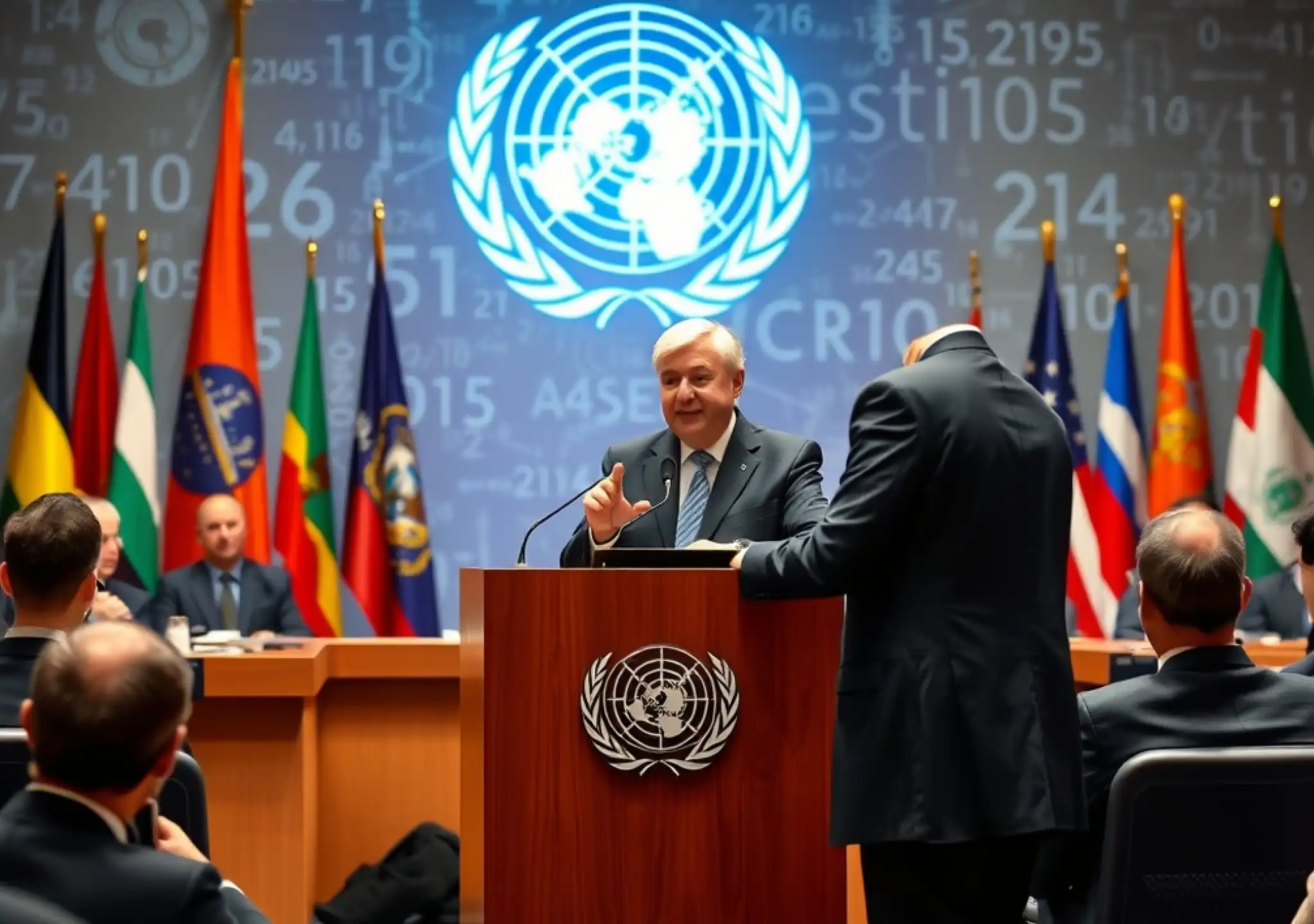UN Secretary-General António Guterres has voiced concerns over the dangers posed by artificial intelligence (AI), particularly its use in spreading disinformation and hate. He expressed support for the establishment of an international body to regulate AI, similar to the role of the International Atomic Energy Agency (IAEA).
During the unveiling of a new disinformation policy, Guterres acknowledged the positive impacts of technological advancements but stressed that AI presents significant risks to both democracy and human rights. He pointed out the public concern surrounding AI’s ability to create misinformation and deepfakes, which are AI-generated images and videos that can mimic real individuals.
AI’s Impact on Democracy and Human Rights
Guterres emphasized that the warnings regarding AI, particularly generative AI—which can perform various tasks like answering questions, summarizing content, and generating code—are intensifying. He highlighted the concerns of developers who have likened AI’s potential threats to that of nuclear war. “We must take those warnings seriously,” he urged.
He endorsed the proposal put forward by AI executives to create an international regulatory body akin to the IAEA, one that could oversee the deployment, safety protocols, and usage of AI technologies. Additionally, Guterres announced plans to establish a high-level advisory body by the year’s end to assess AI governance and suggest ways to align it with human rights and international laws.
Global AI Safety Oversight
Guterres suggested that the proposed AI agency could model itself on the IAEA, which has been in existence since 1957 to ensure the safe and peaceful use of nuclear technologies. He made it clear, however, that only member states—not the UN Secretariat—could create such an agency.
The concept of an AI regulatory body has also found support from OpenAI, the organization behind ChatGPT. OpenAI proposed that this body could place restrictions on AI deployment, ensure adherence to safety regulations, and monitor the use of computing resources. UK Prime Minister Rishi Sunak has also shown support for this initiative, aiming to make the UK a hub for global AI safety regulation, with a summit planned later this year to address the risks associated with AI.
Challenges in Global AI Regulation
Professor Robert Sparrow from Monash University in Australia commented on the complexities of regulating AI on a global scale. He noted that while creating a regulatory body is important, it would also require a broader cultural shift within engineering, computer science, government, and civil society—rather than relying on a single body to manage all aspects of AI governance.
Guterres also backed the UK’s upcoming AI safety summit and emphasized that thorough preparation is essential. He revealed plans to appoint a scientific advisory board consisting of AI experts and chief scientists from various UN agencies to support the development of governance frameworks.

